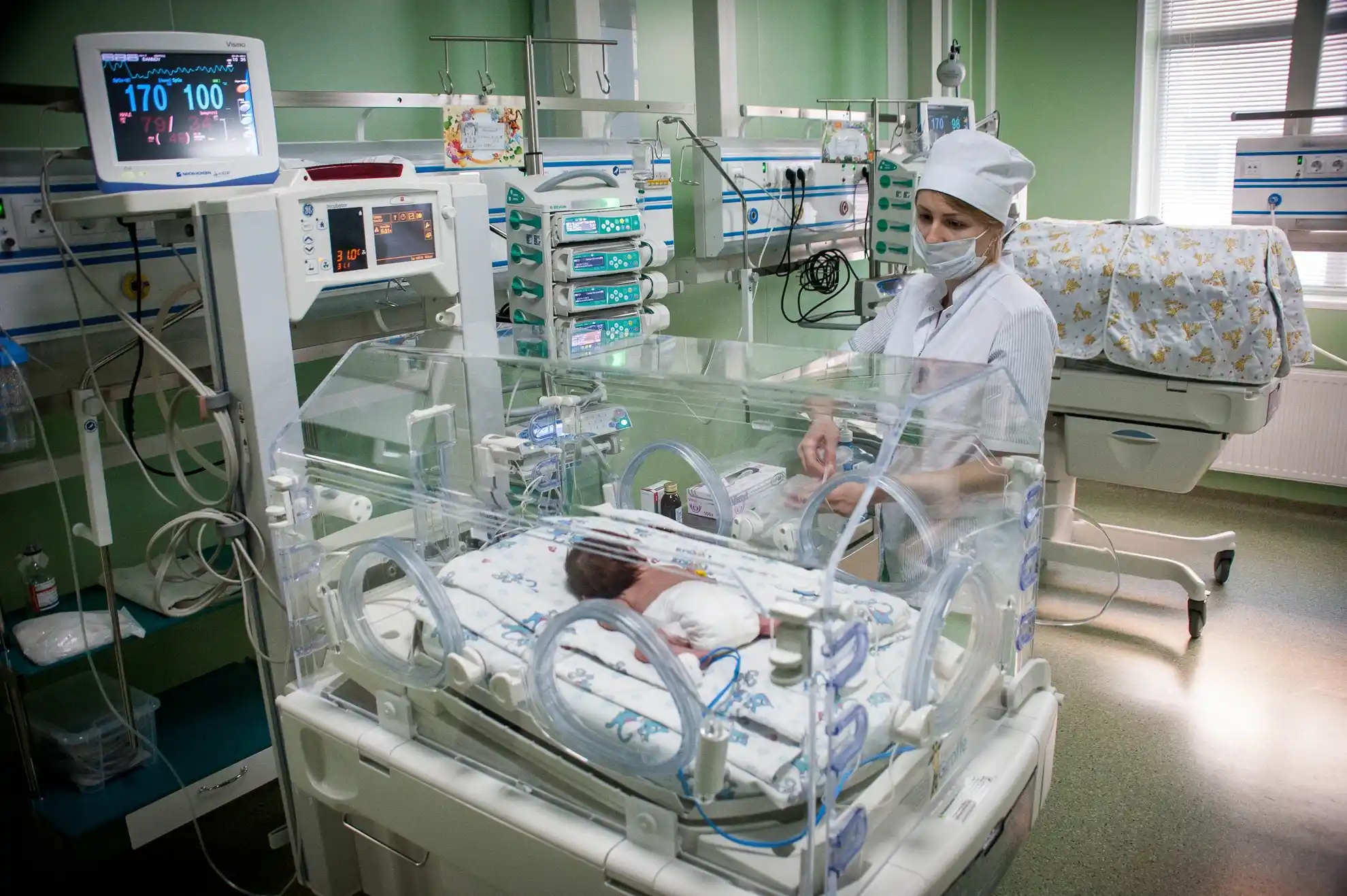In recent years, Russia has witnessed a troubling trend: the mass closure of medical facilities licensed for childbirth. Despite verbal support from officials echoing President Putin’s advocacy for larger families, the reality on the ground tells a different story.
Maternity hospitals and prenatal clinics across the country have been shutting down at an alarming rate. This phenomenon is not confined to the past year but has persisted for over a decade. From the Altai Krai to the Chechen Republic, regions spanning the alphabet have experienced the widespread revocation of childbirth licenses for numerous clinics.
According to Roszdravnadzor, over 150 state clinics lost this right between 2019 and mid-2024, illustrating the systemic nature of this issue.
The closures exacerbate an already dire situation in Russia’s state medical system, which faces a severe shortage of obstetricians-gynecologists and neonatologists. Data from the Russian Society of Obstetricians and Gynecologists highlights a deficit, including midwives, estimated at 8,500 to 11,500 specialists. This critical shortage compounds the challenges faced by expectant mothers, particularly in rural and underserved regions, further hindering efforts to promote larger families.
As Russia grapples with these challenges, the contradiction between official rhetoric and practical outcomes raises significant questions about the country’s commitment to addressing its demographic issues.


















